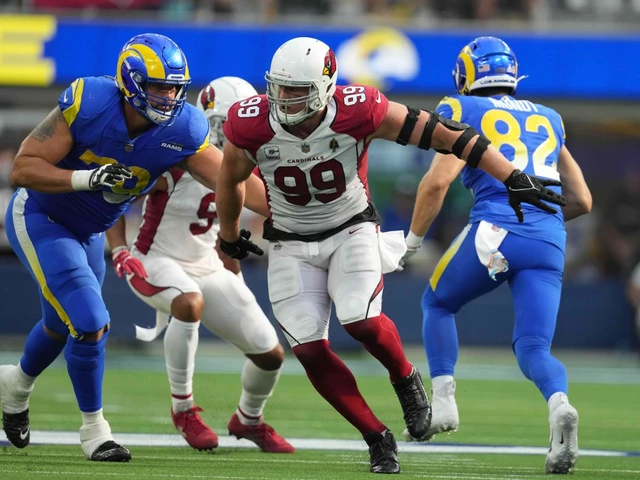Sports Psychology – Boost Performance and Mental Edge
When working with Sports Psychology, the study of how thoughts, feelings, and behaviors affect athletic performance. Also known as mental training for athletes, it helps players channel pressure, stay focused, and bounce back from setbacks. This field sits at the crossroads of sports fandom, the emotional attachment fans have to teams and team loyalty, the long‑term commitment to a particular squad. Think about it: why does a teenager wear the same jersey for years, even when the team is losing? Why do we feel a rush when a game goes into overtime? Those questions point to the same mental processes that athletes train to master. In short, Sports Psychology encompasses mental‑skill development, performance anxiety control, and motivation strategies, while also influencing how fans connect with their clubs.
Key Concepts in Sports Psychology
One core idea is that mental skills training is as essential as physical drills. Athletes use visualization, self‑talk, and goal‑setting to improve reaction time and decision‑making. When a runner imagines crossing the finish line, the brain fires the same pathways that real movement will use later – that’s a direct semantic triple: Sports Psychology requires mental‑skill training. Another pivotal concept is stress resilience. By learning breathing techniques and focusing routines, players turn nervous energy into fuel rather than a distraction. This resilience feeds into the broader pattern that sports fandom influences team loyalty – fans who see athletes handling pressure are more likely to stay emotionally invested. Likewise, the repetitive nature of many sports actions, from a basketball dribble to a soccer pass, creates a rhythm that our brains love; the predictability of the pattern combined with the uncertainty of the outcome produces excitement. That explains why sports popularity thrives despite repetitive actions: Sports popularity is driven by emotional connection and the thrill of competition. Finally, motivation models show that intrinsic drive (love of the game) often outweighs extrinsic rewards (trophies). When schools embed these models into their programs, students not only improve on the field but also develop confidence that spills over into classroom work.
Below you’ll find a handful of articles that dive deeper into these ideas. One piece breaks down why people gravitate toward sports teams, exploring the social benefits of fandom and the psychological roots of team loyalty. Another looks at why repetitive sports actions still capture our attention, linking the concept to mental conditioning and community spirit. Together, these reads give you a practical roadmap: from understanding fan psychology to applying mental‑training techniques in school sports. Ready to see how the mind shapes the game? Keep scrolling – the insights ahead will show you exactly how psychology, fandom, and performance intertwine.






